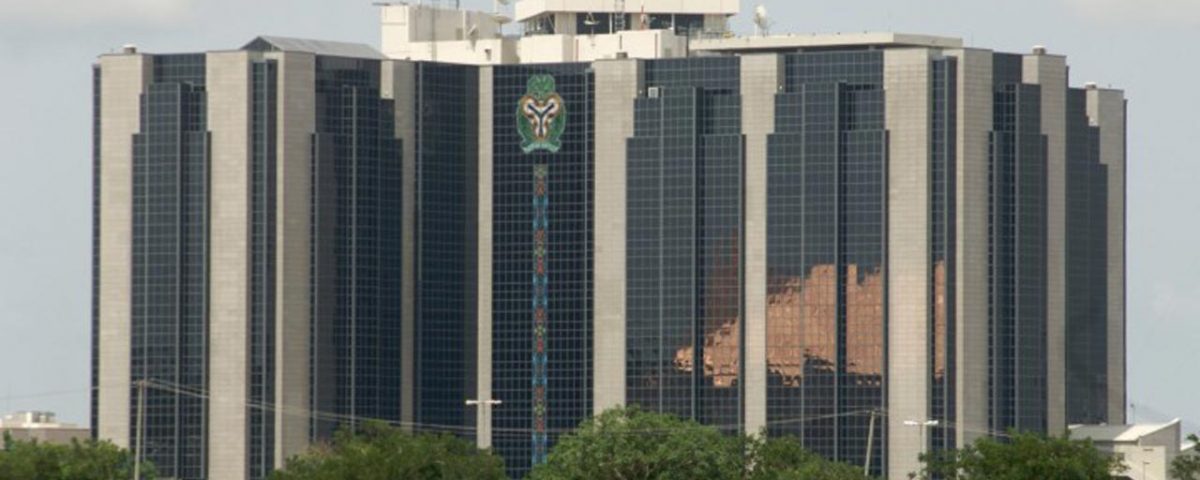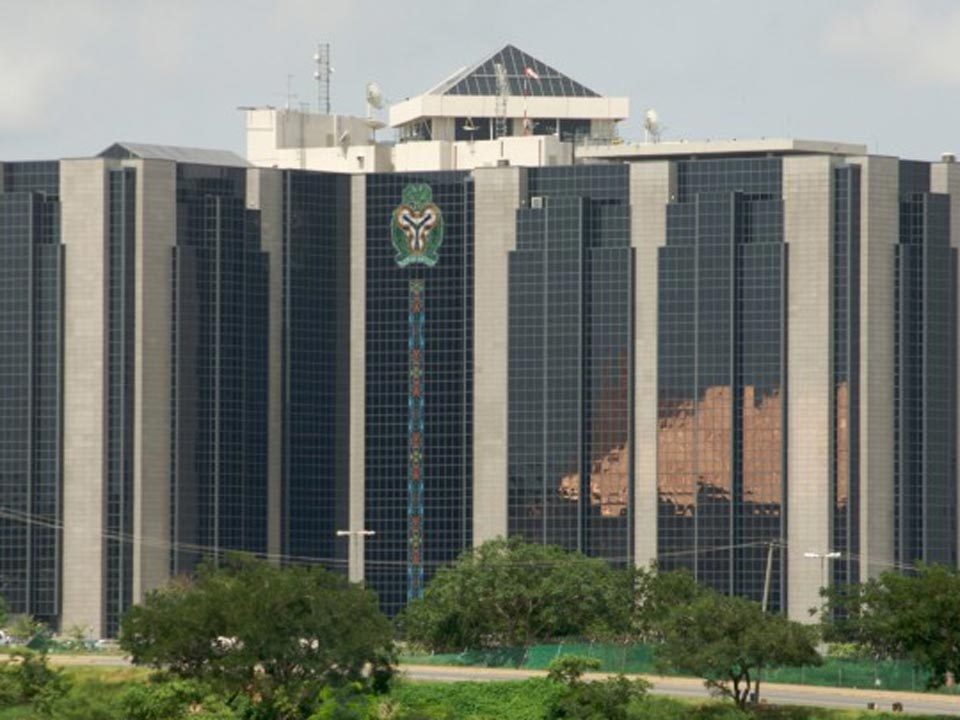Nigeria Update: Investors condemn CBN directive on dividend payment by banks

Nigeria Update: NSE indices sustain rising profile, up by N36billion
February 23, 2018
World Update: European stocks slide on Fed rate-rise fears
February 23, 2018
Shareholders in the nation’s capital market have condemned recent directive by the Central bank of Nigeria (CBN), to Deposit Money Banks (DMB), not to pay dividend on its shares until all its expenses have been completely written off, saying the decision is a disincentive to investors; promising to challenge this in court if necessary.
The shareholders, who argued that the market is information-driven, said with the little signs of recovery and capital appreciation witnessed recently, government at all levels must be cautious, and avoid any actions and decisions that could send wrong signals, and erode investors’ confidence in the market.
According to them, expectations are that the relatively low interest rates in the money market, and sell-off in the bond market will boost inflow into the stock market, as fund managers play earnings season for quick returns in high dividend paying stocks.The shareholders however argued that the decision by the apex regulator on dividend payout would definitely erode the optimism and confidence on huge investment inflow into the equity market, which has trailed it since the beginning of the year.
Furthermore, they added that there are possibilities of some hasty sell-off reactions by investors especially in stocks that are affected by the dividend payment restrictions.
Specifically, the President, Proactive Shareholders Association of Nigeria, Taiwo Oderinde, in an interview with The Guardian, said: “CBN is only interested in protecting the banks’ depositors at the expense of the shareholders. Every bank has its own board that has the prerogative to decide to pay dividend.
“It is not CBN’s responsibility to decide when or when not to pay dividend to their investors. It is an anti-investors policy and directive, and we will challenge it in court,” he said.
Also speaking, the Publicity Secretary of Independence Shareholder Association, Moses Igbrude, described the CBN directive to banks with huge non-performing loans not to pay dividend to shareholders as most unfortunate, noting that the decision would have negative effects on the market.
“Why would CBN wait until the loans go bad before issuing now, who are these borrowers, what has CBN done to those serials borrowers, who take loans from one bank to the other with out paying? What sanctions or punishment have they imposed on them, why are they afraid of them?
“We, shareholders, are not happy about this directive, and it is going to affect us seriously in this harsh economic period. Though we are going to question and ask bank managements at the AGMs who are these people owing the banks, the regulator should address the issue of non-performing loan in all its form by sanctioning the borrowers, and the givers of the loans before punishing the shareholders.”
The President, Progressive Shareholders Association, Boniface Okezie, said the CBN has failed to do what is expected of it as an apex financial regulator abnitio.
”Where was the CBN when the banks’ non-performing loans hit the roofs? CBN should not pass the buck to the investing public, my advice to CBN is that they must reverse this policy; it is not going to help the Investors at all.
“They should allow the banks that have made a lot of recovery from their bad loans whose shareholders funds are strong to be allowed to go ahead to pay dividends to their shareholders. If any bank has weak capitals, it should not contemplate paying any dividend whatsoever, and those banks must be given marching orders to go after the defaulters to pay back their loans with the assistants of CBN.”
The Co-Founder, Nigeria Shareholders Solidarity Association (NSSA), Gbadebo Olatokumbo, described the decision as a bomb shell, saying it is contrary to investors’ expectations of huge dividend payout in the current financial year.
He pointed out that the managements and directors of any bank that fails to pay dividend to shareholders must be held accountable.He added that any bank that failed the dividend-payment test, should not pay emoluments to their directors, while the management should lose their bonuses and welfares, and be responsible for the payment on any sanction from the apex bank forthwith.
“Really, it was a bomb-shell to the expectations of shareholders on returns on investments, but CBN has a job to do, and it must be done effectively.“We will have to hold the managements and directors of our banks liable, if they were unable to pay dividend. The committee of bank that approved those unpaid loans should have questions to answer, while insider defaulters, who are the managements and directors, must be made to face the music.”
CBN had released an update on an earlier circular issued October 8th, 2014, on, “Internal Capital Generation and Dividend Pay-out Ratio of Nigerian Banks.” The major focus of the circular is on the capital reserves of the banks as well as the proportion of non-performing loans in a bid to forestall any threats to customer deposits in the system.

